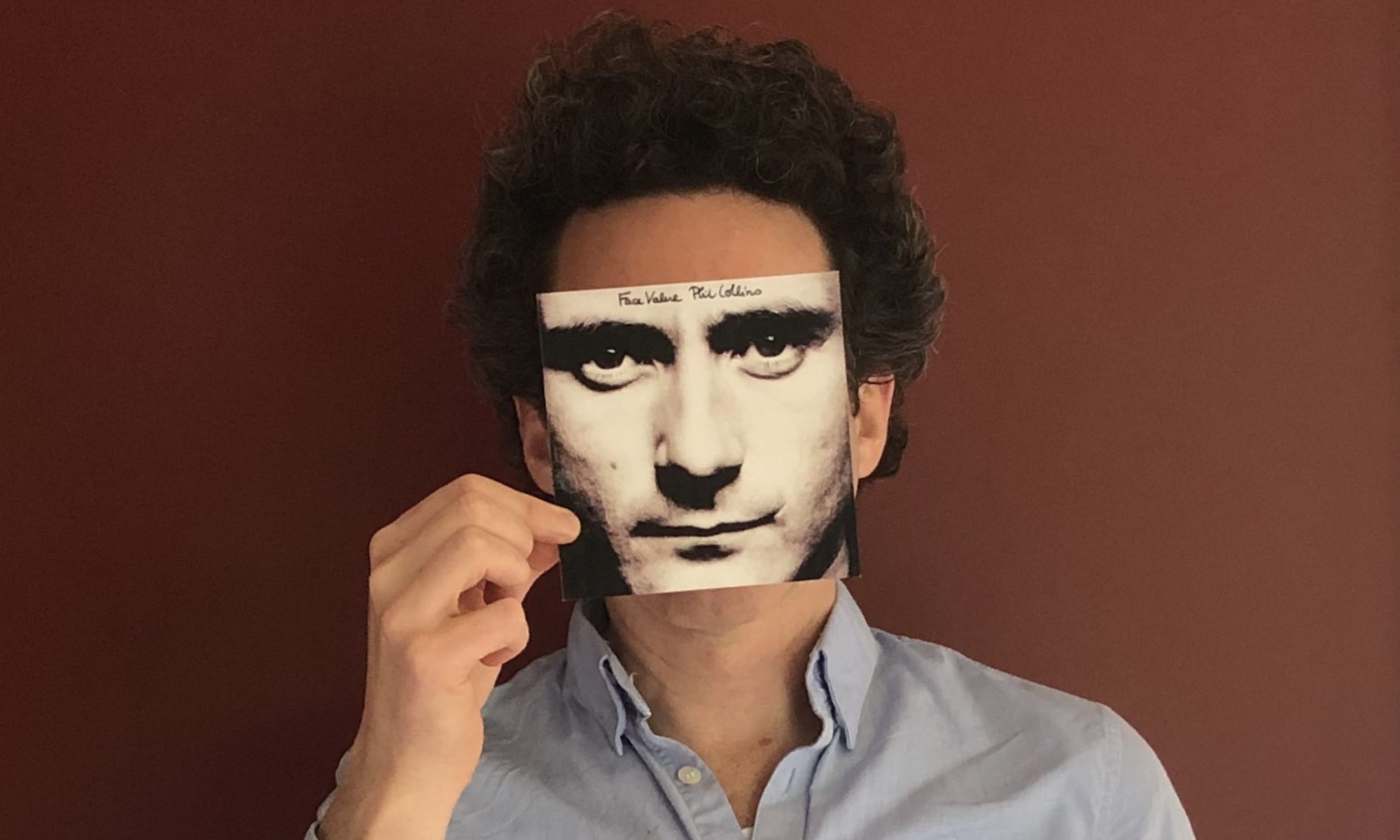David Foster Wallace had a theory about sporting greats and why they write such awful autobiographies. The focus required to be the best, the ability to filter out external distraction and internal monologue, and just be present, is what separates them from the rest of us. It is also what makes them ill-equipped to describe what it really feels like to be world number one, to win Wimbledon, to score the winning goal at the World Cup, in a way that scratches our itch. His fascination with sports autobiography fell apart after reading Tracy Austin’s plodding “Beyond Center Court: My Story”.
Probably every fourth book I read is a music autobiography. Obviously, the music world is less inherently competitive and individual than the tennis world – there is no tournament to decide the world’s best drummer – and songwriters make their living from their ability to connect through words, so there should be more there. I generally see three categories:
- A very famous musician with a long and storied career who does the late career reflection. Generally pretty solid, they have enough material to keep it interesting, and can afford a ghost writer to make it readable. Very few are as compelling as you think they should be. Many have an axe to grind or a very skewed sense of their contribution to a collective (Phil Collins, Robbie Robertson), lay out a chronological slog (the better ones avoid burning 100 pages getting through their school days) or – as DFW observed – forget who the real audience is and over-rotate on paying a debt to friends and family in a ten-hour Grammy acceptance speech.
- The best authors reveal something of themselves (Bruce Springsteen, Elvis Costello) or have enough perspective and self-awareness to tell you something new about their profession, fame, failure, or the journey through life. Many, naturally, are good songwriters. Many of the best in recent years have been by women (Chrissie Hynde, Tracey Thorn, Viv Albertine). Some have had a career outside music, often as entrepreneurs or technologists: Mike Nesmith and Thomas Dolby here.
- Finally, the downright awful. Those who have an ego out of proportion to their contribution or who take on the task themselves and just don’t write well. Bad writing can spoil a good story (Johnny Marr) or take you deep into so-bad-it’s-good territory. For this last group, see Andy Taylor of Duran Duran. Who could forget the mental image of his pet chihuahua taking a dump in the Ritz tearoom or his reaction to the IRA’s foiled bombing of the Royal Variety Performance (“imagine if they had managed to blow up the Princess of Wales AND Britain’s favourite band”)? The non-musician insider is usually a good bet for a good yarn (Lisa Robinson is great) but I finished ‘Whispering’ Bob Harris’ autobiography this week and it was, disappointingly, firmly in category three. In parts, it reads like an early screenplay for Alpha Papa (the Alan Partridge movie), although the film spared us the protracted legal wranglings with fellow DJ Bruno Brookes over a disputed home loan.
Of course, if it’s a big fix of celebrity gossip you want, you don’t always need 400 pages and pictures of the artist as a young man at Butlin’s or Disneyland. Quincy Jones’ recent interview with Vulture proved that. How else would we know that Microsoft co-founder Paul Allen sings and plays just like Jimi Hendrix?
